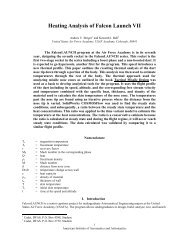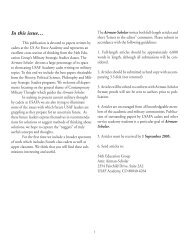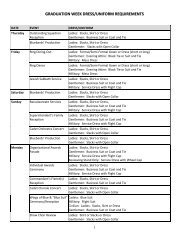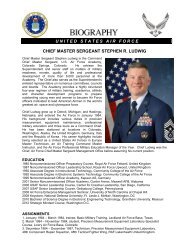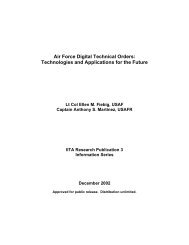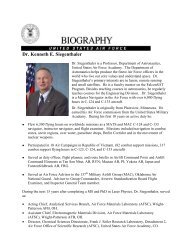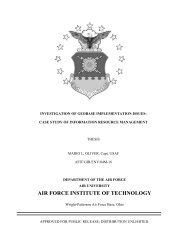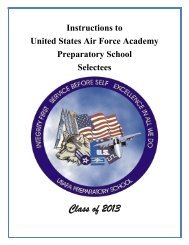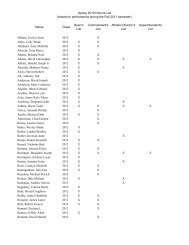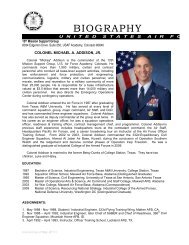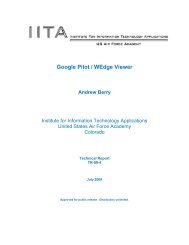the rollback of south africa's biological warfare program
the rollback of south africa's biological warfare program
the rollback of south africa's biological warfare program
Create successful ePaper yourself
Turn your PDF publications into a flip-book with our unique Google optimized e-Paper software.
June 1998. However, several weeks before <strong>the</strong>se hearings started <strong>the</strong> Gauteng<br />
Attorney General expressed concerns that <strong>the</strong> appearance <strong>of</strong> key witnesses at<br />
<strong>the</strong>se hearings might jeopardize <strong>the</strong>ir impending criminal prosecutions.<br />
Defense, NIA and representatives <strong>of</strong> President Mandela's Office all supported<br />
<strong>the</strong> position that much <strong>of</strong> information must remain classified, including<br />
information about SA collaboration with foreign countries, as it would pose a<br />
proliferation threat. Several members <strong>of</strong> <strong>the</strong> SANDF lobbied to not hold <strong>the</strong><br />
hearings at all.<br />
At a hastily called meeting <strong>of</strong> representatives <strong>of</strong> various agencies at <strong>the</strong><br />
end <strong>of</strong> May 1998, two main objections were raised. One objection to <strong>the</strong> TRC<br />
hearings was that information disclosed during <strong>the</strong>se hearings could lead to <strong>the</strong><br />
proliferation <strong>of</strong> weapons <strong>of</strong> mass destruction that would cause South Africa to<br />
violate its international obligations. A second concern was that revelations <strong>of</strong><br />
<strong>the</strong> involvement <strong>of</strong> various foreign governments in <strong>the</strong> CBW <strong>program</strong> could<br />
jeopardize international relations. South African government <strong>of</strong>ficials told <strong>the</strong><br />
participants that Britain and <strong>the</strong> U.S. had voiced <strong>the</strong> strongest objections to <strong>the</strong><br />
hearings. 189 Dr. Peter Folb, <strong>the</strong> TRC’s scientific adviser, disagreed with <strong>the</strong><br />
<strong>of</strong>ficial assessment during this meeting, “because much <strong>of</strong> <strong>the</strong> science involved<br />
in Project Coast was pedestrian.” 190<br />
The compromise that was reached was to have a small group <strong>of</strong><br />
representatives from <strong>the</strong> meeting go through every document in <strong>the</strong> TRC’s<br />
possession and decide toge<strong>the</strong>r which could be placed in <strong>the</strong> public domain at<br />
<strong>the</strong> hearing. Commissioner Orr, Dr. Folb, and TRC investigators Gould and<br />
Jerome Chaskalson represented <strong>the</strong> TRC. Knobel, his lawyers, NIA <strong>of</strong>ficials,<br />
and o<strong>the</strong>r SANDF members, represented <strong>the</strong> government. Documents were<br />
placed into one <strong>of</strong> three categories: (1) no restrictions (i.e., ones to be referred<br />
to in <strong>the</strong> hearing and released to <strong>the</strong> media); (2) ones to be referred to but not<br />
released; and, (3) those that would not be mentioned at all.<br />
The President’s <strong>of</strong>fice did not accept <strong>the</strong> TRC’s decision to hold <strong>the</strong><br />
73




